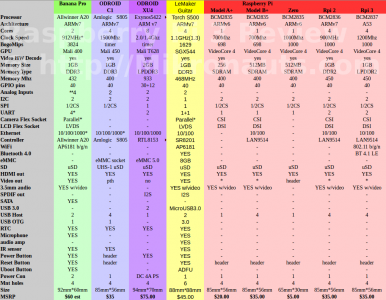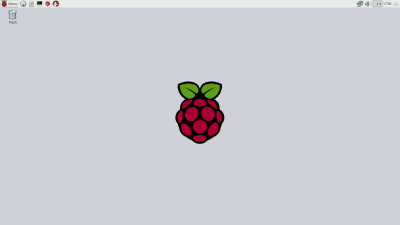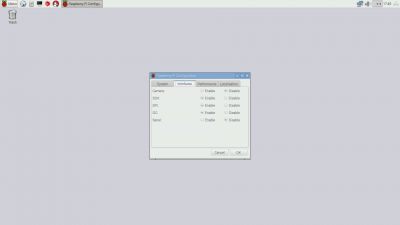Raspberry Pi 3 Model B Review
Major Differences between Raspberry Pi 2 & 3
- on-board WiFi and Bluetooth
- upgraded 64 bit capable quad core BCM8537 SOC running at 1.2GHz
THE PRICE STAYS THE SAME: $35USD
As expected, there was an immediate outcry on the forum that the Raspberry Pi 3 did not have:
- USB 3.0
- Gigabit Ethernet
- SATA
- 2GB ram
Unfortunately due to the economics of producing the Pi at such a low cost, having to use a compatible Broadcom SOC means those features cannot be added at this point in time.
I’d love to get USB 3.0, SATA, 2GB ram myself – but I don’t expect it yet from a Raspberry Pi. Once Broadcom makes an SOC with those features, they can be added.
Feature Comparison

(Click on image for larger version)
Looking at the features above, it is pretty clear that the ODROID XU4 with its eight core SOC will almost certainly be the fastest. Mind you, it is also the most expensive board in this comparison.
But who will place second?
- Raspberry Pi 3 ?
- ODROID C1 ?
- LeMaker Guitar ?
You will have to wait to see the benchmarks later in this article 🙂
Operating Systems
As always, NOOBS and Raspbian were available at launch.

(click on image for larger version)
I just checked, and Ubuntu mate is also available – with WiFi but without without complete Bluetooth support.
Openelec and a test version of Win 10 IoT for Raspberry Pi 3 is also available.
I used the latest Raspbian Jessie release for this review, and as usual, performed the magic
sudo apt-get update
sudo apt-get upgrade
incantations in order to make certain that I had the latest version for my Raspberry Pi 3 review.
I really like the handy GUI Raspberry Pi Configurator:
Article Index
- Introducing Raspberry Pi 3
- A Closer Look at Raspberry Pi 3
- Feature Comparison, Operating Systems
- Software Compatibility, Common Applications, Multimedia, Kodi
- Hardware Compatibility, Ethernet, WiFi, Bluetooth
- GPIO: WiringPi, pigpio, Add-On Board testing
- More testing: RoboPi, Pi Droid Alpha, SchoolBoard ][
- More testing: Pi Rtc Dio, Pi Jumper, EZasPi
- Benchmarks: Booting & Launching Apps, Compiling GNU Emacs
- More Benchmarks: iperf client & server, NBench, Unix Bench, hdparm, dd
- Power Utilization, Documentation, Support, Conclusion
